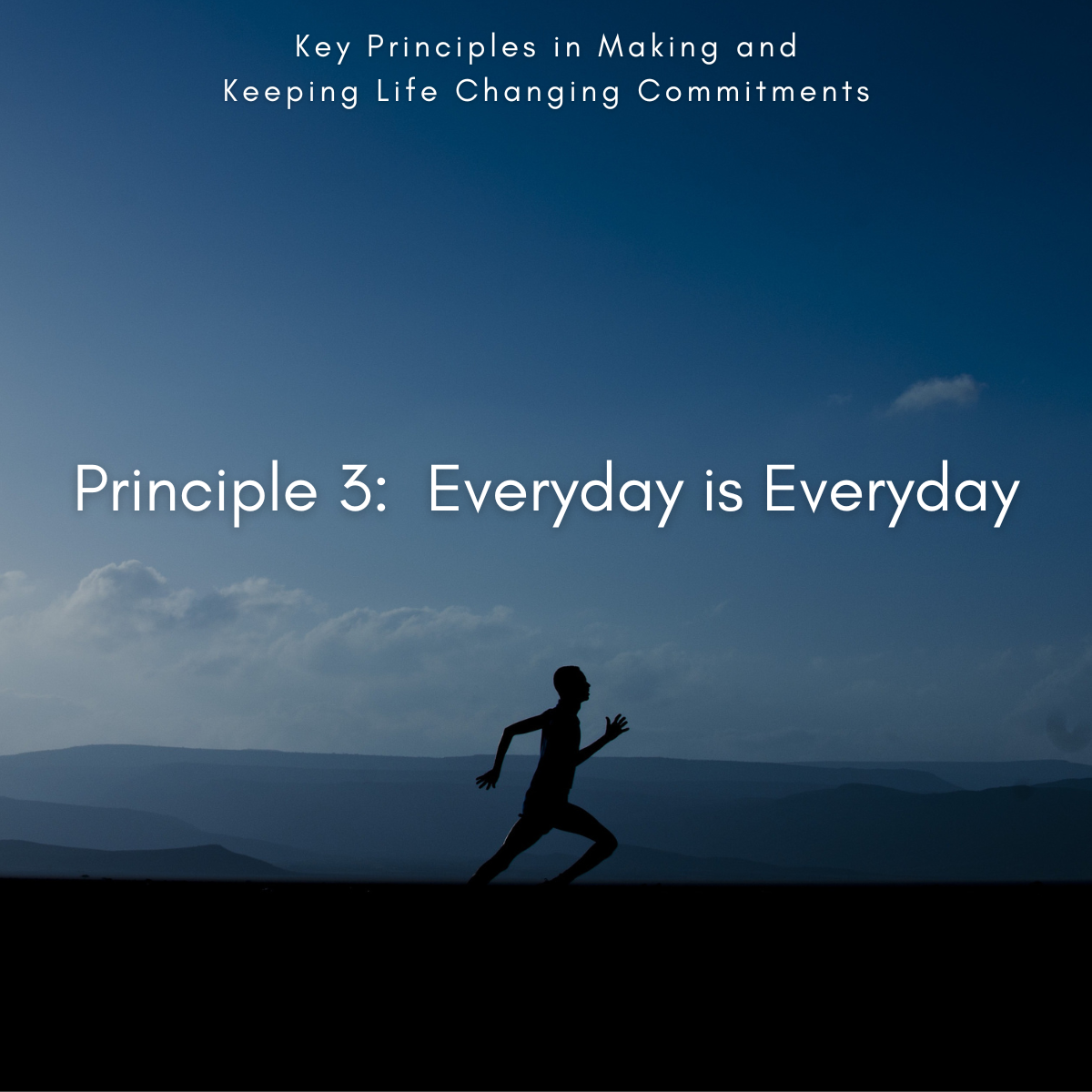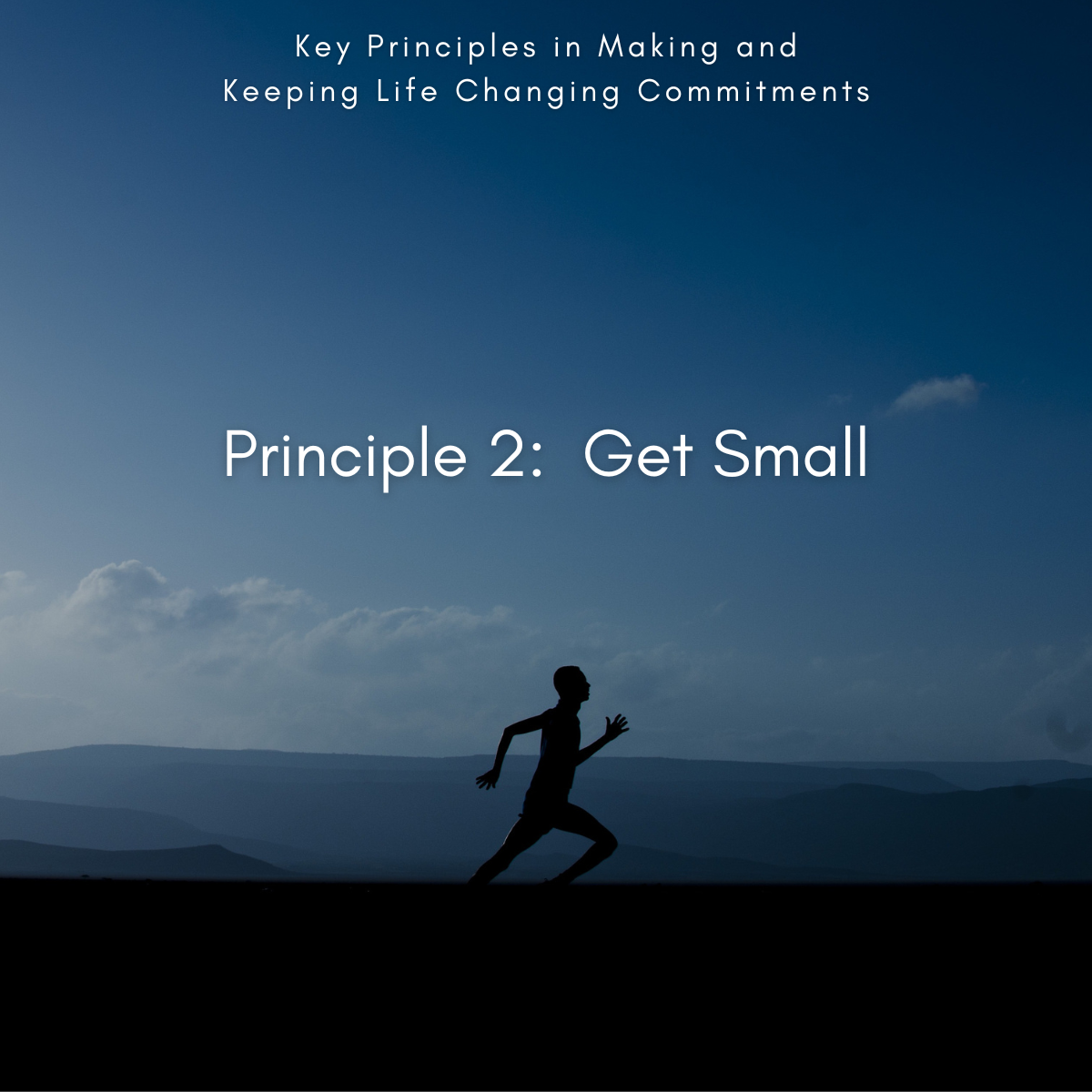This week, I had the enriching experience of participating in a well-organized training course. During one of these sessions, where we were encouraged to practice and showcase new skills, I encountered a moment of introspection. After presenting, I received feedback suggesting that my approach might have been too ‘salesy.’ This comment lingered in my mind, echoing similar observations I’ve heard made about others in the past. Intrigued and a bit perplexed, I embarked on a journey of understanding. What exactly does it mean to be ‘salesy’? More importantly, is it inherently a negative trait, or could this approach have unexplored advantages?
First, we should consider what I believe people mean when they say ‘salesy.’ Generally, it connotes a style of interaction that prioritizes closing a sale over genuine engagement with the customer. It’s marked by a forceful, often scripted approach that pays little heed to the customer’s actual needs or responses. The ‘salesy’ individual is perceived as overly aggressive, pushing their product or service with high intensity, sometimes resorting to pressure tactics. This approach is often seen as lacking in authenticity and empathy, giving the impression that the ultimate goal is not to provide value to the customer but to simply make a sale at any cost.
However, the intent behind the feedback I received was not to label me as ‘salesy’ in the traditional sense. It seemed to suggest that I was openly showing my desire for the person to engage with the service I was offering. This raises an intriguing question: does merely hinting at a potential sale in a conversation render one ‘salesy’? I don’t believe this narrow interpretation accurately captures the term’s essence. What, then, did the person really intend to convey with their feedback? This became the crux of my contemplation. I spent considerable time pondering this, seeking to unravel the deeper meaning behind their words and understand the true nature of being ‘salesy’ in a conversation. It was an exploration into the subtleties of communication and sales dynamics, far beyond the surface-level interpretation of the term.
My initial reaction was to question whether it’s inherently negative for a potential client to be aware of my ultimate intent: to persuade them to become a paying client. In business-to-business discussions, especially regarding services, isn’t there an unspoken understanding of this intent? The fact that a potential client continues the conversation seems to acknowledge an awareness that a sales proposition might be forthcoming. So, what’s the downside of being transparent about this intent rather than cloaking it in clever subtleties? Indeed, being overly aggressive or pushy can be off-putting, but isn’t there merit in openly stating one’s objectives? Provided, of course, that the terms are mutually agreeable and beneficial. In essence, I wondered whether clear communication of intent, devoid of aggressive sales tactics, could, in fact, be a more honest and effective approach in these business interactions.
In pondering these questions, I remember a personal anecdote: my wife has unequivocally banned me from participating in family Monopoly games. She attributes this to my supposed ‘cheating,’ but the crux of her argument lies in my approach to the game. I’m actively engaged in selling, trading, and bartering, always aiming to maximize my personal gain. My wife contends that I wield my voice to exert an almost supernatural influence over the other players. In reality, I’m crafting propositions that balance the value I desire against the value I offer. But her observation raises a critical point. Could this be what it truly means to be ‘salesy’? The situation sheds light on a possible definition: being ‘salesy’ might not just be about aggressive sales tactics, but rather about having a keen understanding of the value exchange and possessing the skill to articulate this in a compelling, persuasive manner. This perspective reframes the concept, suggesting that being ‘salesy’ might encompass a deeper, more strategic understanding of negotiation and value proposition.
My contemplation led me to a pivotal aspect of negotiation: the balance of exchanging value without appearing driven by greed. At the heart of this lies the concept of intent. The true measure, I believe, is whether the salesperson genuinely aims to enhance the potential customer’s life or business. Reflecting on the feedback I received, I recognized a crucial point: my intent during the roleplay wasn’t actually to benefit the person I was speaking with but rather to simply navigate through the exercise successfully. My primary goal was self-preservation, not the service of my counterpart’s needs. This misalignment of intent was likely perceptible, casting my actions in the light of being ‘salesy’ in a negative sense. It wasn’t about the tactics I used; it was about the underlying purpose. This revelation highlights how crucial it is for the intent of a sales conversation to align with genuinely helping the other party rather than solely fulfilling one’s own objectives.
In conclusion, the label ‘salesy’ cannot inherently be deemed negative if guided by the right intent. People have a remarkable ability to perceive the underlying motivations in a sales interaction. If your intent is anything other than genuinely helping the person you’re conversing with, this discrepancy will likely be noticed and potentially judged unfavorably. Therefore, I believe I have unraveled the quandary posed by the feedback I received. The essence of being ‘salesy,’ particularly in its pejorative sense, hinges fundamentally on intent. When someone mentions being too ‘salesy,’ it’s not just a comment on the style or approach of selling; it’s a reflection on the sincerity and genuineness of the seller’s intent. Thus, aligning one’s intent with the true benefit of the customer is essential to transcending the negative connotations often associated with being ‘salesy’.




